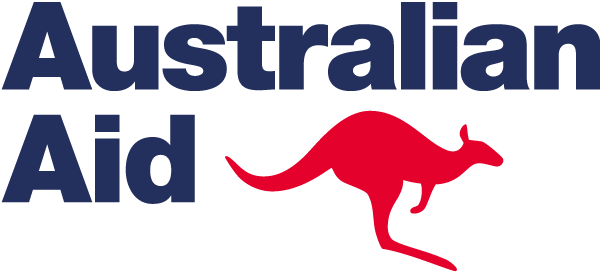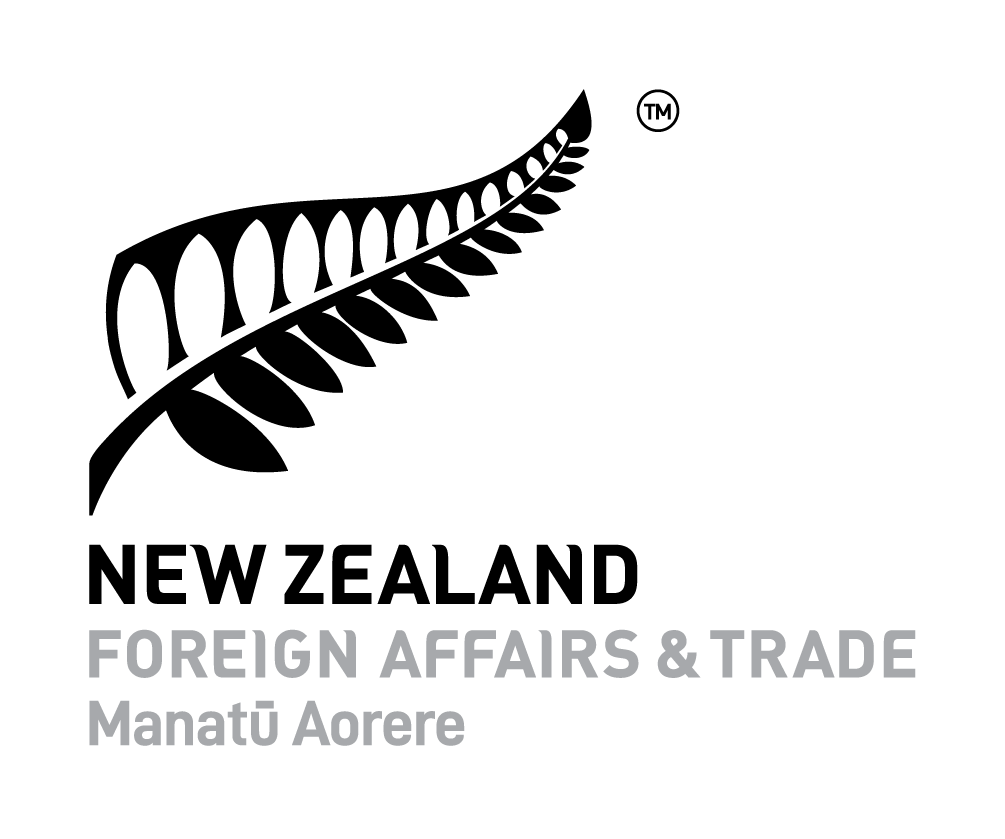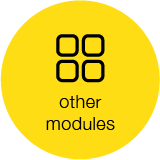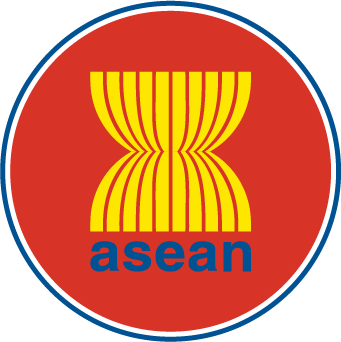
for the Implementation of International Standards
related to Sanitary and Phytosanitary (SPS) Measures

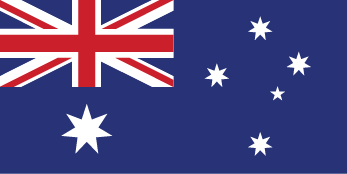
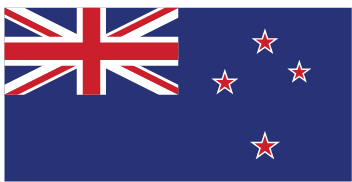
ECONOMIC COOPERATION SUPPORT PROGRAMME (AECSP)
Disclaimer
This e-learning module has been developed for the teaching purposes and material contained in it is of general nature.
It is not intended to be relied upon as legal advice and the concepts and comments may not be applicable in all circumtances.



ECONOMIC COOPERATION SUPPORT PROGRAMME (AECSP)
What are the OIE International Standards?
Terrestrial Code
The Terrestrial Animal Health Code provides standards for improvement of animal health and welfare, as well as veterinary public health.
There are two volumes. the first volume describes general measures for early detection, notification, and control of pathogens.
The second volume is disease specific and provides recommended measures to prevent introduction of disease through importation of animals or animal products.
Terrestrial Manual
The Manual of Diagnostic Tests and Vaccines for Terrestrial Animals in the manual designed to accompany the terrestrial Animal Health Code.
It outlines internationally-agreed diagnostic laboratory methods and requirements for the production and control of vaccines and other biological products.
It is primarily targeted at laboratories, vaccine manufactures and regulatory authorities in Member Countries.
Resources
Codes and manuals are available in the resources tab. You can also access them online through the OIE website.
Using the OIE International Standards
There are a lot of different ways that Member Countries can use the OIE codes and manuals. Here are some examples.
There are many parts of the OIE International Standards that are important for the trade of animals and animal products.
Recall from the previous modules that the SPS Agreement encourages WTO Members to base sanitary and phytosanitary (SPS) measures related to importation on international standards where they exist.
There are two ways to meet SPS Agreement requirements when importing animals or animal products:
- Use the sanitary measures outlined in the OIE International Standards
- Conduct full import risk analysis (IRA)
Note that when conducting full IRA, the OIE Standards’ chapter on IRA should be followed.
For many countries, the OIE International Standards provide appropriate sanitary measures to meet their Acceptable Level of Protection (ALOP).
In this case, a full IRA may not be necessary.
Countries can use the OIE International Standards to set their own SPS measures when importing animals or animal products.
Instead of conducting a full IRA, the importing country simply identifies hazards associated with the commodity and the applies OIE International Standards related to those hazards.
Further details on using the sanitary measures in the OIE International Standards instead of full IRA can be found in module 4.3.
Questions
Country A is importing pork from Country B. Country A is free from African Swine Fever (ASF) but country be is not. If Country A wants to enforce sanitary measures on Country B to reduce the risk of ASF entering, Country A must complete a full risk analysis.
Where would you find standards for improving terrestrial animal welfare information?
Where would you find sanitary measures for the importation of crustaceans information?
Where would you find diagnostic for Foot and Mouth disease information?
Where would you find information on diagnostic tests for crustacean diseases information?
This is the final slide of module 1.7. The four key points covered by this module are summarised here.
The WTO recognises the OIE as the standard setting body for animal health and encourages Member countries to use the OIE International Standards to meet their obligations under the SPS Agreement.
The OIE publishes two codes and two manuals as principle references for WTO members.
There are many ways to use the four core publications of the OIE, including as a basis for sanitary measures when importing animals or animal products.
In many cases, full IRA is not necessary and Member countries can opt to use the sanitary measures in the OIE International Standards instead.



ECONOMIC COOPERATION SUPPORT PROGRAMME (AECSP)

